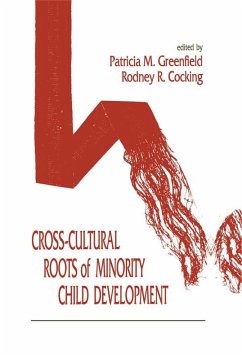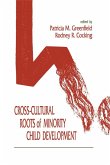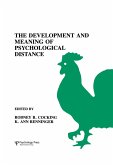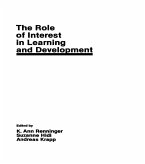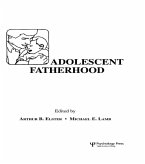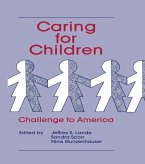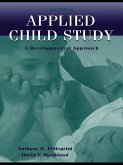The unique feature of this text is the paradigm. For the minority groups represented, the questions focused on how development was behaviorally expressed within the culture of origin and in new societal contexts. Thus, developmental issues--such as language and mother-child interactions--for African-American children are considered in the United States as well as in the African culture of origin and in France as a country of immigration. This paradigm is considered for African and Asian cultures and the Americas, including Hispanics from Mexico as well as Native Americans.
Specific questions posed consider the extent to which:
* the development and socialization of minority children can be seen as continuous with their ancestral cultures;
* the cultural and political conditions in the United States, Canada, and France have modified developmental and socialization processes, yielding discontinuities with ancestral cultures;
* the ancestral cultures have changed, yielding cross-generational discontinuities in the development and socialization of immigrants from the very same countries.
* the role of interdependence and independence in developmental scripts can account for historical continuities and discontinuities in development and socialization, both across and within cultures.
These questions not only provide the unifying theme of this unique book but also a model for conceptualizing multi-culturalism within a unified framework for developmental psychology.
Dieser Download kann aus rechtlichen Gründen nur mit Rechnungsadresse in A, B, BG, CY, CZ, D, DK, EW, E, FIN, F, GR, HR, H, IRL, I, LT, L, LR, M, NL, PL, P, R, S, SLO, SK ausgeliefert werden.
Hinweis: Dieser Artikel kann nur an eine deutsche Lieferadresse ausgeliefert werden.

